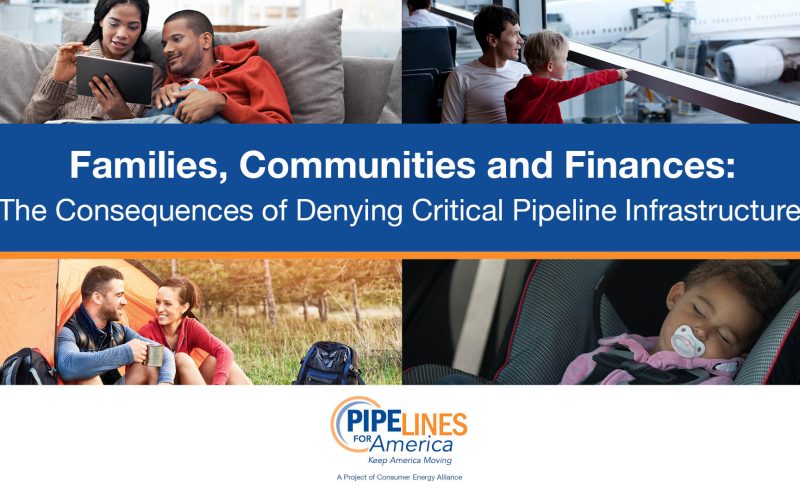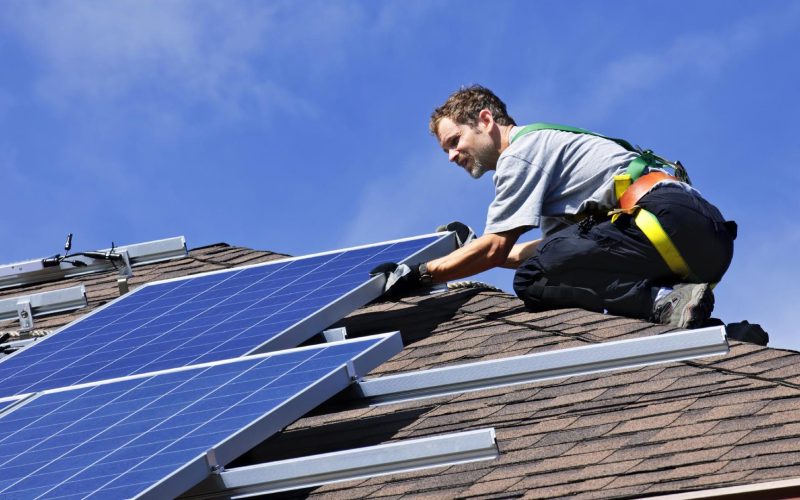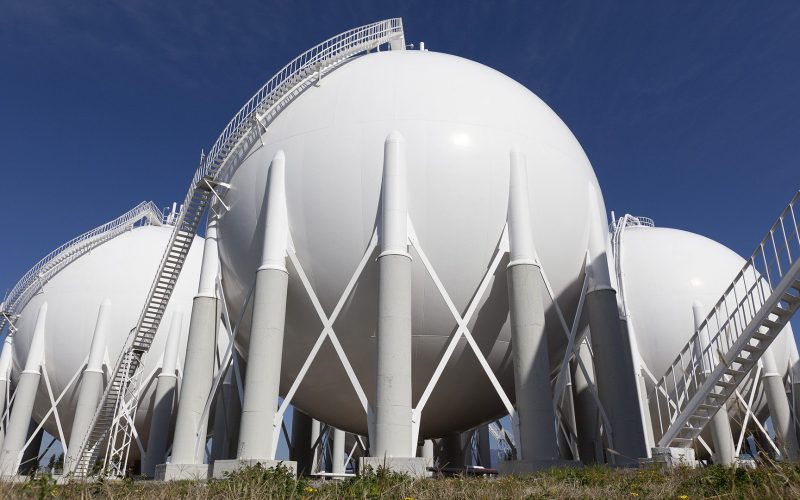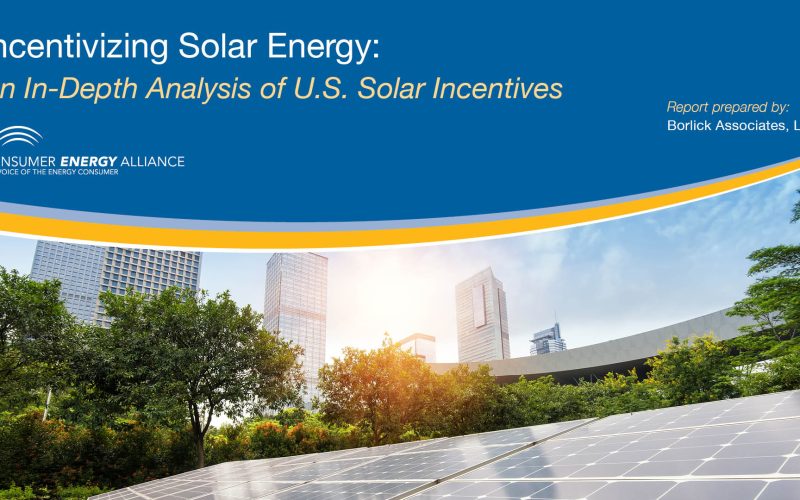THE VOICE FOR THE ENERGY CONSUMER
In 2015, limited natural gas supplies pushed the region’s prices 50% higher than the national average, while electricity rates were two-thirds higher across New England. CEA Northeast is dedicated to expanding infrastructure and diversifying the region’s energy supplies to decrease costs for families, small businesses, and manufacturers who depend on reliable, affordable energy.

A new report released today by Consumer Energy Alliance (CEA) found that rejecting pipeline infrastructure would remove almost one-third of U.S. electricity generation capacity by 2030, dangerously raising electric rates.

New England electricity prices are among the highest in the nation, second only to the non-contiguous Pacific states. Part of the reason is infrastructure capacity constraints, a lack of generation.

CEA’s James Voyles discusses solar incentives in New England with Utility Dive. The current Massachusetts policy returns 185% of the installed cost of a 3.9 kW customer-owned facility and 182%.

Concerned about air emissions? Here’s some good news – emissions in the United States are dropping and have been dropping due to the increased use of natural gas. In fact,.

CEA President David Holt was featured in RealClear Energy discussing the results of the 2016 Presidential Election and its impact on energy policy. The silent majority, which includes working-class families,.

CEA President David Holt was featured in the Washington Examiner after anti-energy extremists deliberately attempted to shut down critical energy infrastructure, endangering not only first responders, but families, and the.

CEA President David Holt addressed how obstructing responsible infrastructure development and maintenance harms America’s hardworking laborers, families, and small businesses. Hating pipelines – and energy production – seems like the.

Energy Manager Today took a look at CEA’s solar incentive analysis. As part of Consumer Energy Alliance’s (CEA’s) Solar Energy Future campaign, the 400,000-member nationwide advocacy group on August 8.

As part of Consumer Energy Alliance’s (CEA) Solar Energy Future campaign, the organization today released a new report, “Incentivizing Solar Energy: An In-Depth Analysis of U.S. Solar Incentives,” that provides.

CEA’s Michael Whatley was quoted discussing the need for expanding New England’s energy infrastructure. “The simple truth is Massachusetts’ energy consumers – families, small businesses, and manufacturers – cannot continue.